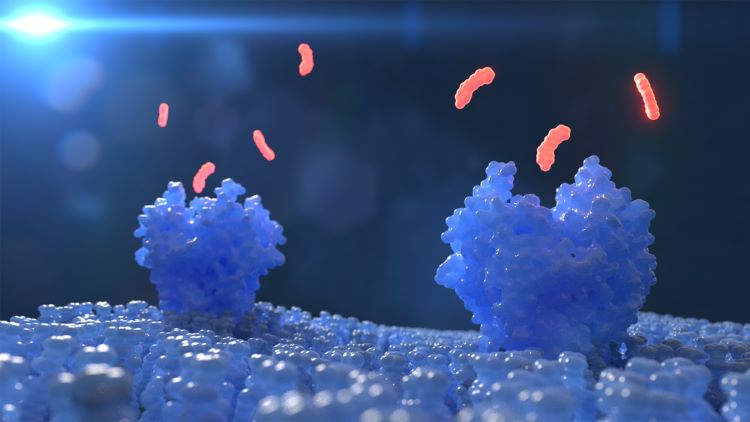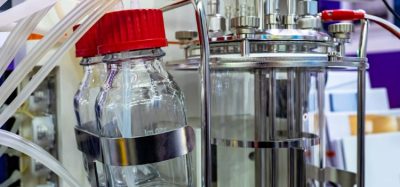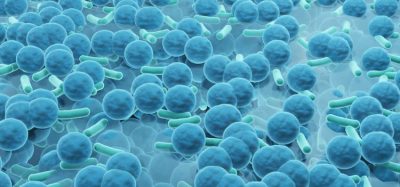Novel small molecule drug facilitates leukaemia remission
Posted: 15 March 2023 | Catherine Eckford (European Pharmaceutical Review) | No comments yet
Leukaemia patients went into remission when given a novel drug containing a small molecule that inhibits menin and MLL1 interaction, a study showed.


New targeted drug revumenib facilitated complete response in around 40 percent of patients with acute leukaemia subtypes, according to data in a new pair of studies (1) and (2) published in Nature.
The two genetic subtypes of acute leukaemia involved in this research are “driven by a rearrangement of the MLL1 gene or a mutation in the NPM1 gene. Both types depend on a protein called menin to sustain their growth,” explained Dr Scott Armstrong, PhD, president of the Dana-Farber/Boston Children’s Cancer and Blood Disorders Center and co-senior author of the paper.
Menin is a critical part of the cell’s epigenetic mechanism for switching gene activity on and off. It binds to chromatin, which is the braid of DNA and protein packaging within the nucleus; it summons large protein complexes to join it. The complexes tighten or loosen the coils of DNA, changing gene activity level at that site. One of the key proteins within these complexes is MLL1, the product of the MLL1 gene.
“Revumenib contains a small molecule that inhibits the interaction of menin and MLL1,” Armstrong noted.
Study results
The first of the new Nature studies reported on a Phase I/II clinical trial of revumenib, in 68 patients with acute leukaemia who didn’t respond to other therapies. The study, called AUGMENT-101, found that of 60 patients who could be evaluated, 53 percent responded to the drug and 30 percent had a complete response.
“For patients with acute leukaemia who have undergone several previous treatments, this is a very encouraging result,” Armstrong stated. “However, after the second cycle of treatment, some patients did develop resistance to revumenib.”
In their follow-up study, the researchers sought to find a source of that resistance. They analysed bone marrow samples from some of the leukaemia patients who became resistant to revumenib. Many were found to have developed mutations in MEN1, the gene that gives rise to the menin protein. The mutation leads to a deformed version of menin that doesn’t bind well to revumenib but attaches firmly to MLL1, according to the study authors. As menin and MLL1 renew their interaction, leukaemia cell growth restarts.
Uncovering the resistance mechanism for revumenib
The finding provides “formal proof in patients that menin itself is a valid target for therapy in both genetic subtypes of acute myeloid leukemia (AML),” Armstrong confirmed.
“The fact that the cell has gone through so much trouble to mutate MEN1 in order to survive is a strong indication that we’re hitting a target the cell truly relies on,” Armstrong stated. “This is the first time a drug targeting a chromatin-binding protein complex has been shown to put that degree of pressure on cancer in a human patient.”
By tracking the development of mutations in MEN1 and other genes in patients with acute leukaemia, doctors may be able to identify patients at high risk of relapsing, Armstrong suggested.
The discovery of MEN1 mutation as a resistance mechanism indicates that new drugs that targeting menin or other chromatin-associated proteins could prevent or delay revumenib resistance or treat patients who have become resistant to the drug.
Looking ahead to further drug development, Dana-Farber’s Dr Richard Stone, co-author of both Nature studies concluded: “We are now ready to…conduct clinical trials combining revumenib with standard chemotherapy as well as with novel agents.”
The research was part-funded through the The National Institutes of Health (NIH)/National Cancer Institute (NCI) Cancer Center.
Related topics
Anti-Cancer Therapeutics, Biopharmaceuticals, Clinical Development, Clinical Trials, Drug Development, Drug Safety, Research & Development (R&D), Therapeutics









